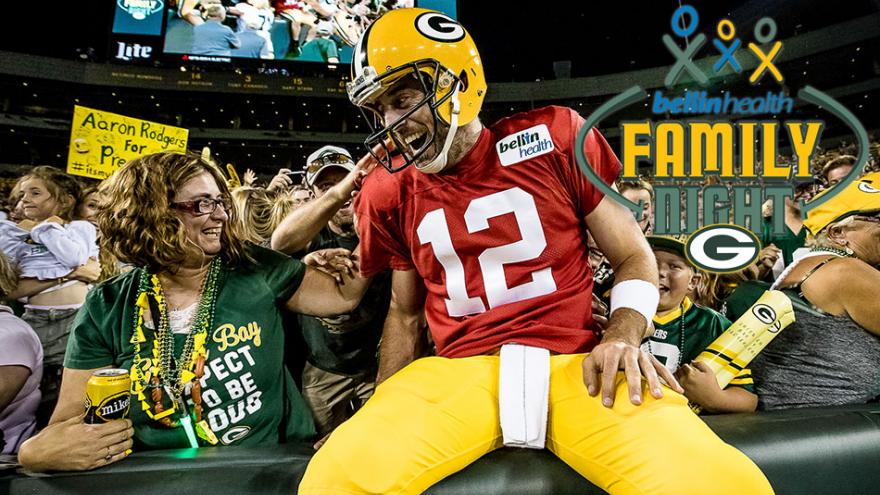 |
| He may be THE Special, but is he special enough to not wait for the home video release? |
I've been growing increasingly disenchanted with the Theater Experience (I stopped going to the other first run theater in town a couple years back when they converted to all "comfy chairs" that I personally find less comfortable), and this counted as my Last Straw. A small thing, as all straws are, but enough to convince me that seeing a first run movie was no longer worth the hassle. (There is a second run theater in town, so if I really want to see Lego Movie 2 on the big screen, I probably can in a couple of months.)
Once the initial flare of annoyance cooled down, I gave the matter some thought. Movies were no longer special enough to put up with rearranging my day, dealing with traffic, and then sitting someplace I'd rather not sit (not to mention the normal movie things, like not being able to pause it if I need to use the restroom, other people being loud, etc). I'd be willing to put up with similar nuisances for, say, a live performance I wanted to go see. Or a RiffTrax Live showing, although the novelty of those has worn off at this point.
After turning it over in my head while taking care of some shopping that I'd initially planned to do after the movie, I distilled it down to two main categories, two things that make an entertainment event Special: exclusivity, and social factors.
It's important to note that what makes an event special may have common factors, but their weighting will differ from person to person. Someone who rarely has the time to do things right away will be less swayed by "be the first to see it" specialness, and an introvert will care less about some of the social factors.
Exclusivity - Can't (Legally) Get It Anywhere Else!
A big reason any event is considered Special is that there's some kind of limitation on how you can experience it. Sure, to some extent, all entertainment is exclusive in the sense that you can't watch a show or read a book until it has been created.
 |
| Okay, if you gotta lead the Autobots to see this movie, it's definitely exclusive. |
The promise of exclusivity turns some of the liabilities into advantages...sure, you have to plan around it, but that just makes it special. But this only works to a point, there's a sour spot you can land in where it's not exclusive enough to be a draw, but too exclusive to be convenient, so you lose people at both ends.
Live events, especially ones that won't be recorded for later consumption, are the standard for schedule exclusivity. Even if you could go to tomorrow's performance, it won't be exactly the same as today's. You're seeing something that only those at the venue with you will experience.
Even if the entertainment will be repeated exactly in many formats, there's still some cachet to being able to experience it sooner rather than later. Seeing it in the theater rather than on home video, buying the hardcover book rather than waiting for paperback (or getting the eARC before the hardcover is available), special advance screenings...these are all special. Being among the first is a big draw to a lot of people, and can make an event special.
Related to that is the contentious matter of spoilers. This somewhat straddles the line between exclusivity and social factors, but it's a matter of "only those who attend this event will be In The Know tomorrow." Seeing a movie on opening weekend is important if you don't want to hear how it ends before you get a chance to see it. (Or if you're the kind of jerk who wants to feel special by ruining it for those who didn't see it opening weekend. Don't be that guy.) Yeah, you could DVR the Superbowl to watch the next day, but good luck not hearing who won before you get around to watching it.
 |
| This MIGHT be going a little too far. |
Social Factors - It's Not What You Do, It's Who You Do It With!
Most people enjoy experiences more when shared with people they care about or at least like. Sure, introverts exist, and even the most outgoing extrovert may not always be in the mood. But sharing an event with others usually makes it feel more special. Even arguing about the grammar of the header above is more fun if you're doing it with someone else and not just yelling at your computer screen.
 |
| Just be careful with that towel or it might not stay family-friendly.... |
If you don't have any friends to go with, maybe a Common Interests event will help you make some. This has to go beyond just, "I like Star Wars, and will be able to find other Star Wars fans at the movie," though. The event has to somehow encourage interaction, so perhaps a live trivia contest before the lights go down. Conventions are obviously common interest events, and a lot of live music brings that angle. Any entertainment focused on a relatively narrow fandom will feel special, if only because that fandom is not used to being catered to. (Fathom Events specializes in this sort of Special Event, showing movies that maybe only a few dozen people in town want to see...but those dozens will either know each other, or want to meet each other.)
Personal Connections always make an event special, although corporate events can't really count on that. A lot of the plays I've been to had someone I knew acting in them, and most of the live music performances I've been to since leaving Columbus had musicians or singers I was related to or at least knew personally. Whether I'm expecting a professional piece (my brother's been in the Glenn Miller Orchestra, and I went to several of their performances) or not (my nieces may eventually be professional quality, but I don't really expect that much from an elementary school band), what makes the event special to me is knowing the people involved.
Hype, Hype, Hype! If all else fails, the bandwagon effect can convince people an event is special even if it isn't.
So, where does this leave us?
In this age of streaming media and more entertainment options than anyone could possibly consume, the standard for a Special Event just keeps getting higher. Movies will never be as special inherently as they were a few generations ago...the idea of the Wayne family getting all dressed up and mugger-bait-y for a movie was quite normal and plausible in 1938, but it takes some contortions to justify these days. Theaters have lately been pushing hard on the technical experience, with 3D, IMAX, recliners, and so forth, as well as using reserved seating to encourage groups. At the other end, streaming services emphasize convenience and binging over the idea of a Special Event, which itself makes events seem less special in general. A TV show with no (or limited) commercial interruption used to be quite special, now people wonder why they ever put up with ads in the first place.
As I said earlier, not everything will work for everyone. Most of the things that movie theaters have done to make going to the movies a Special Event again have merely annoyed me, or at best were neutral. It doesn't mean I wouldn't go to the movies if asked by a friend or colleague, but it's just not special enough for me to do alone anymore. On the other hand, I have friends who see this as a new golden age of the Theater Experience and are totally loving it. De gustibus annat.
Dvandom, aka Dave Van Domelen, is an Assistant Professor of Physical Science at Amarillo College, maintainer of one of the two longest-running Transformers fansites in existence (neither he nor Ben Yee is entirely sure who was first), has such a strong glasses prescription that reality is pretty 2D at this point, is a long time online reviewer of comics, an occasional science advisor in fiction, and part of the development team for the upcoming City of Titans MMO.
What makes an event special?
![What makes an event special?]() Reviewed by Dvandom
on
Monday, February 11, 2019
Rating:
Reviewed by Dvandom
on
Monday, February 11, 2019
Rating:



